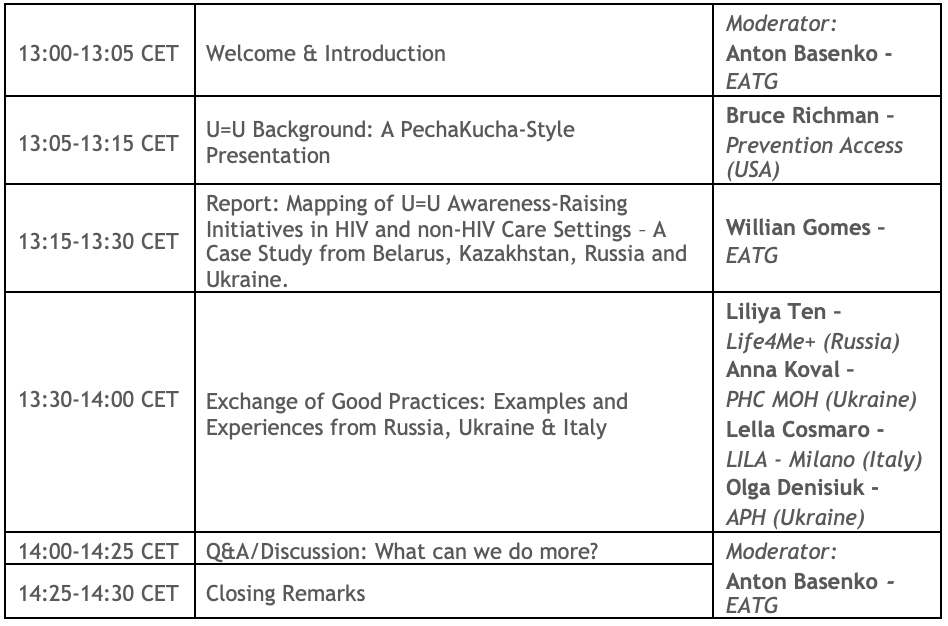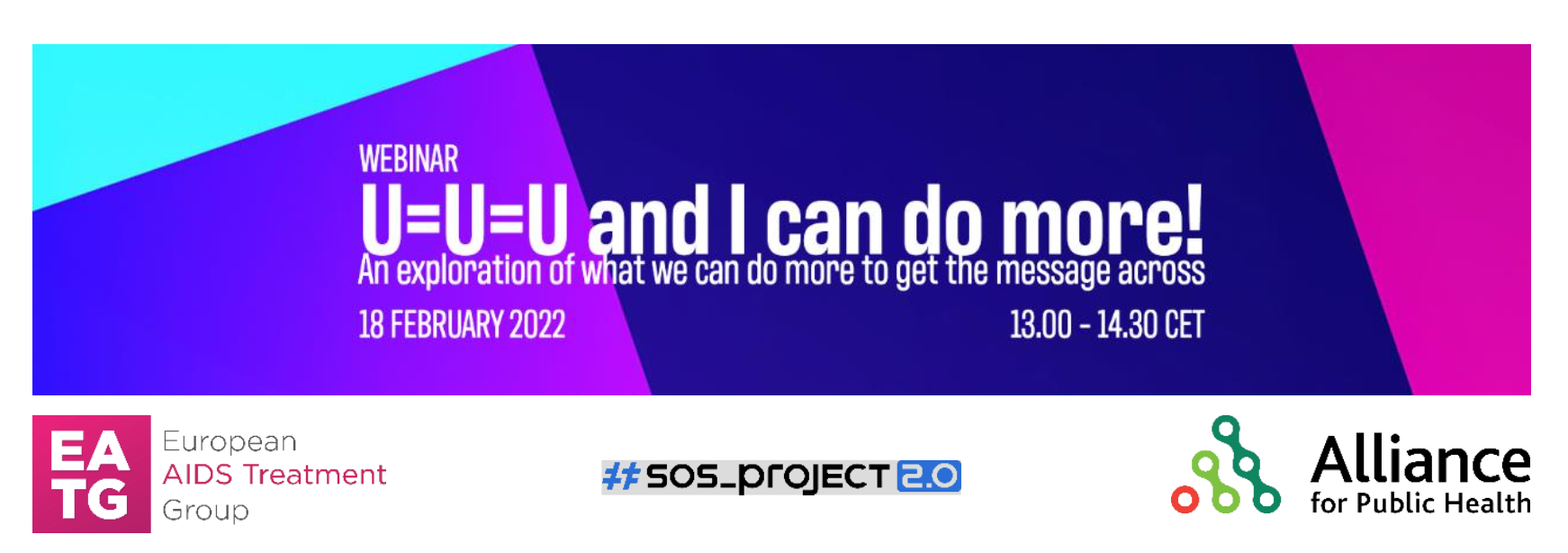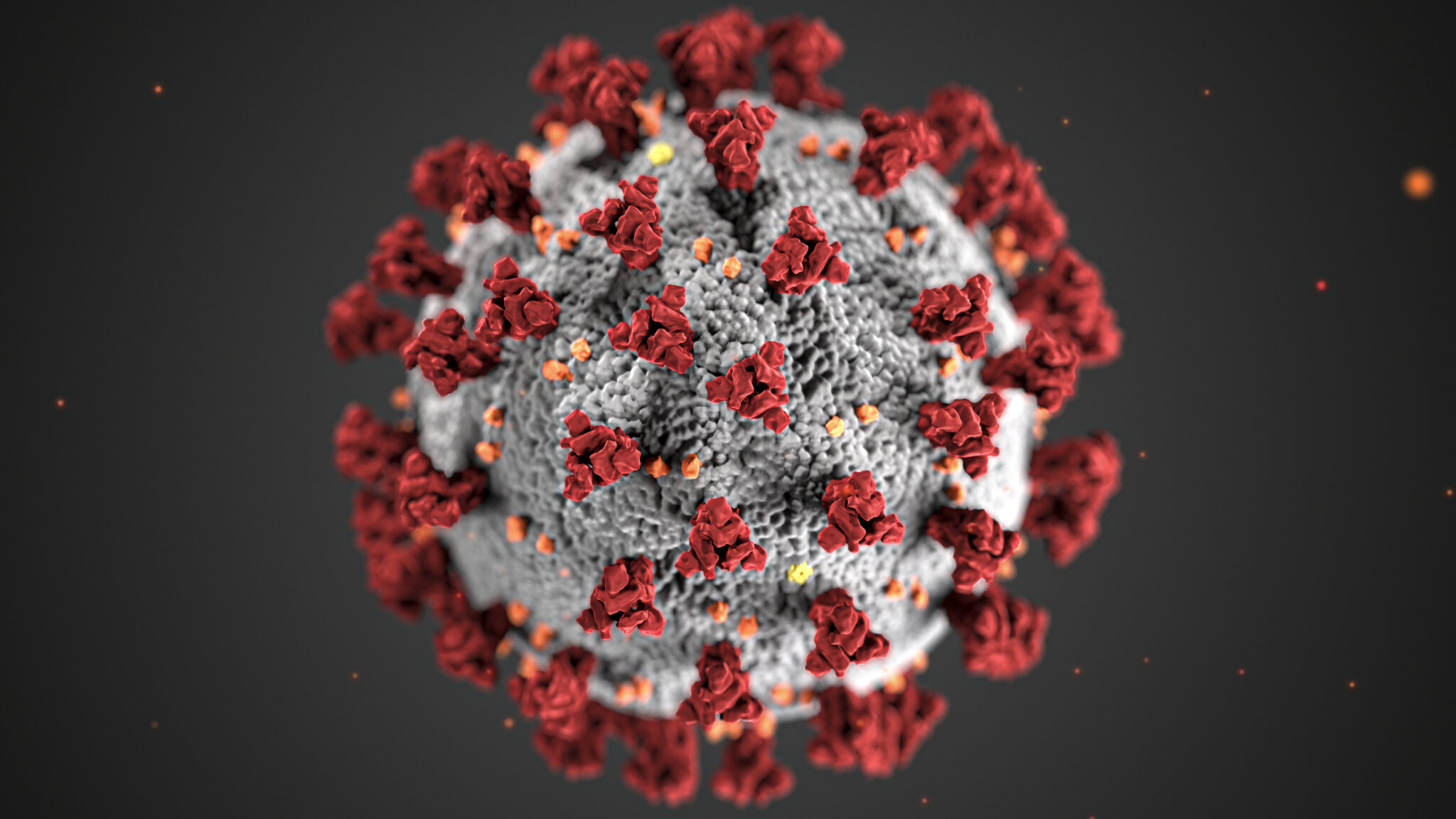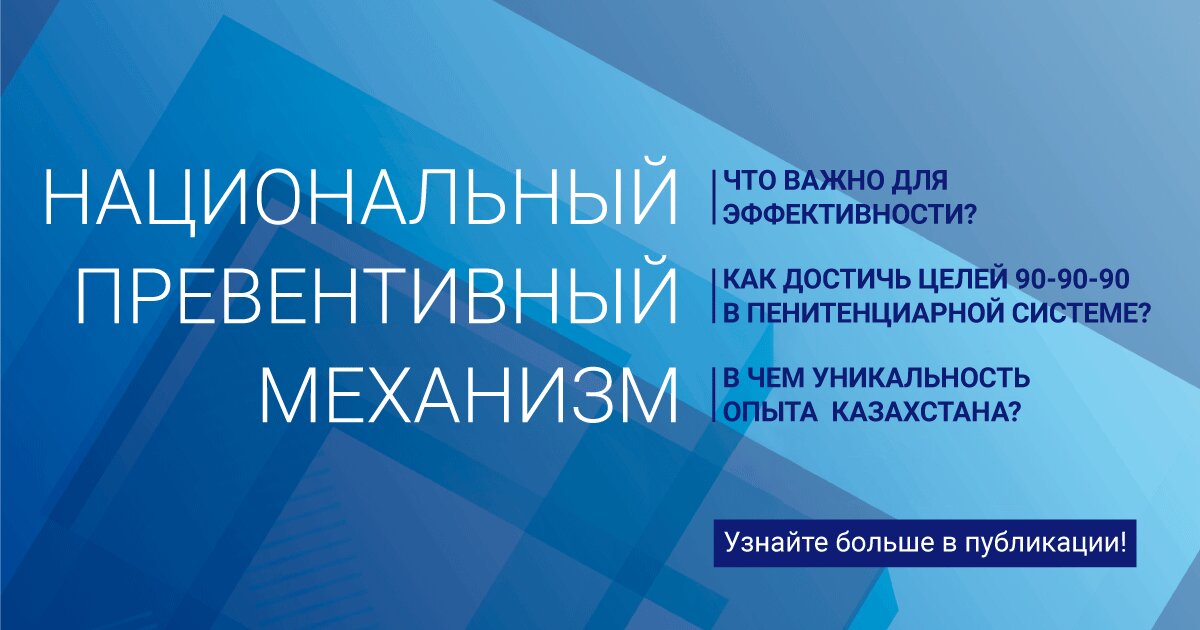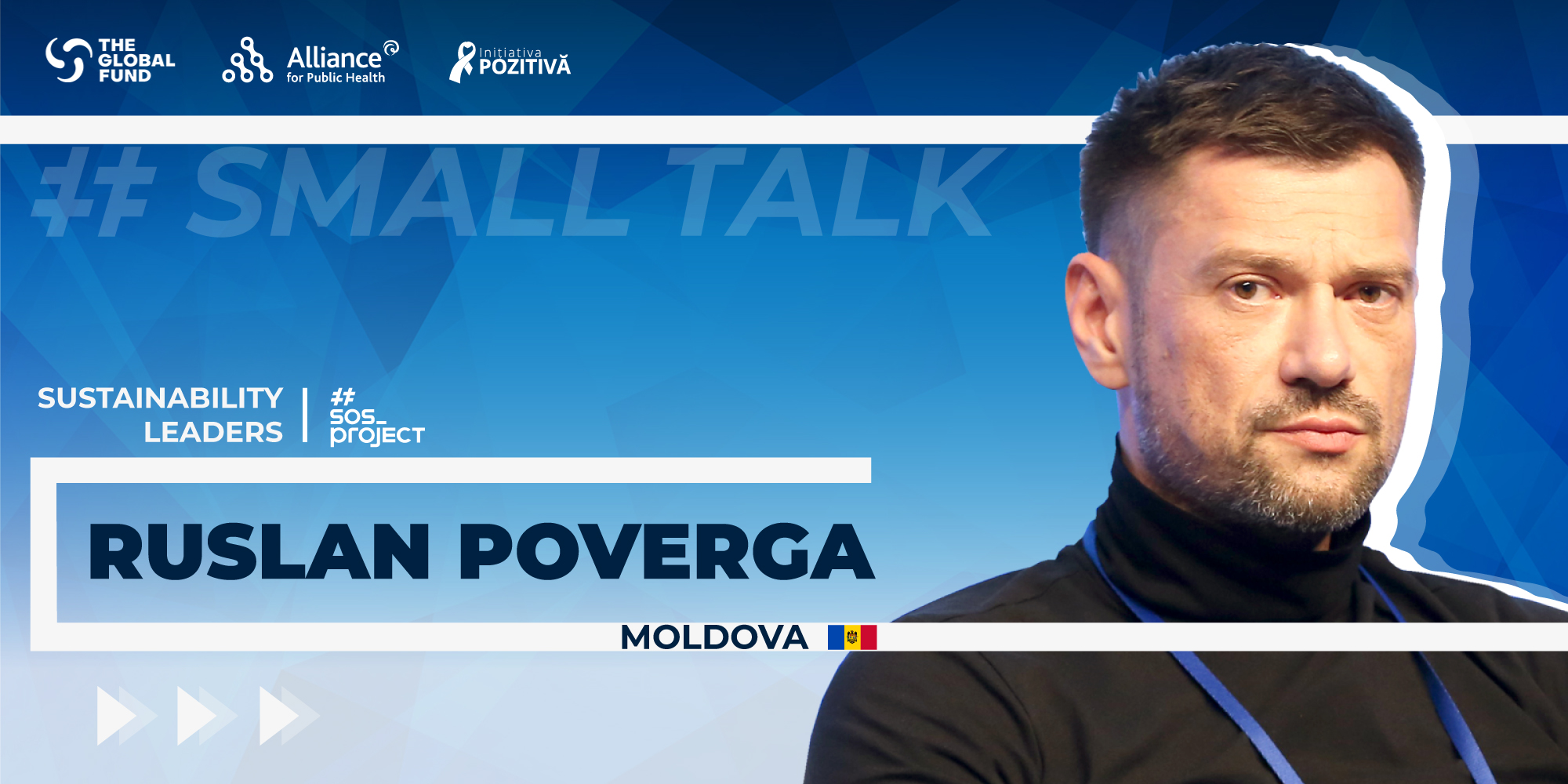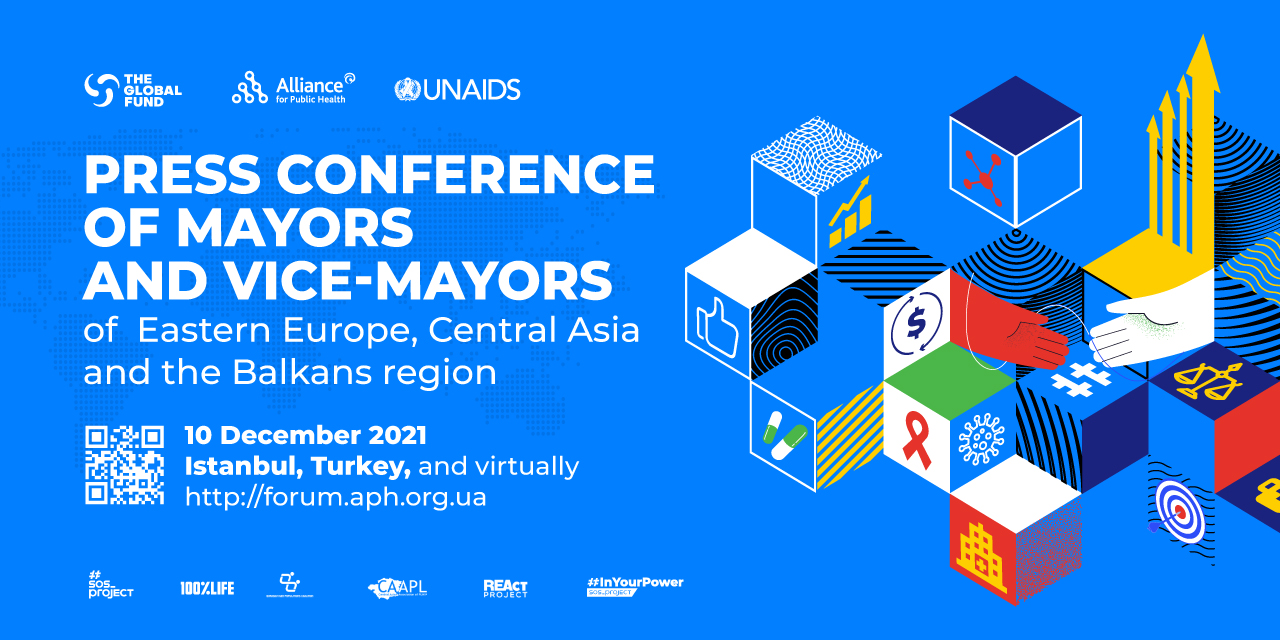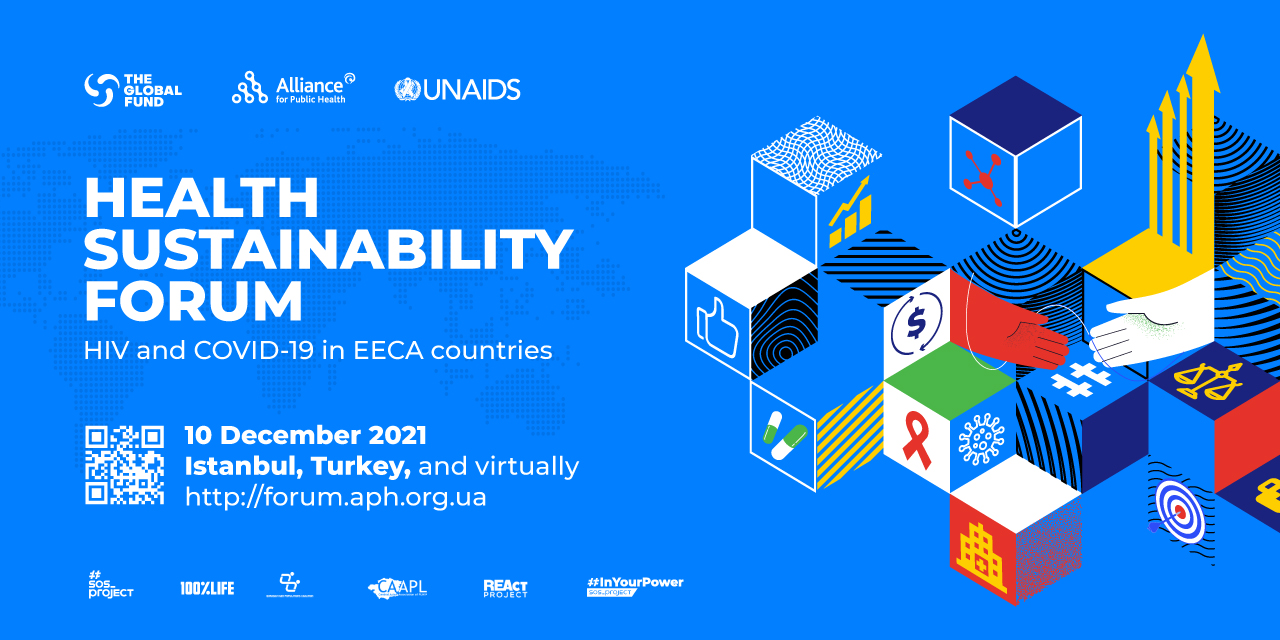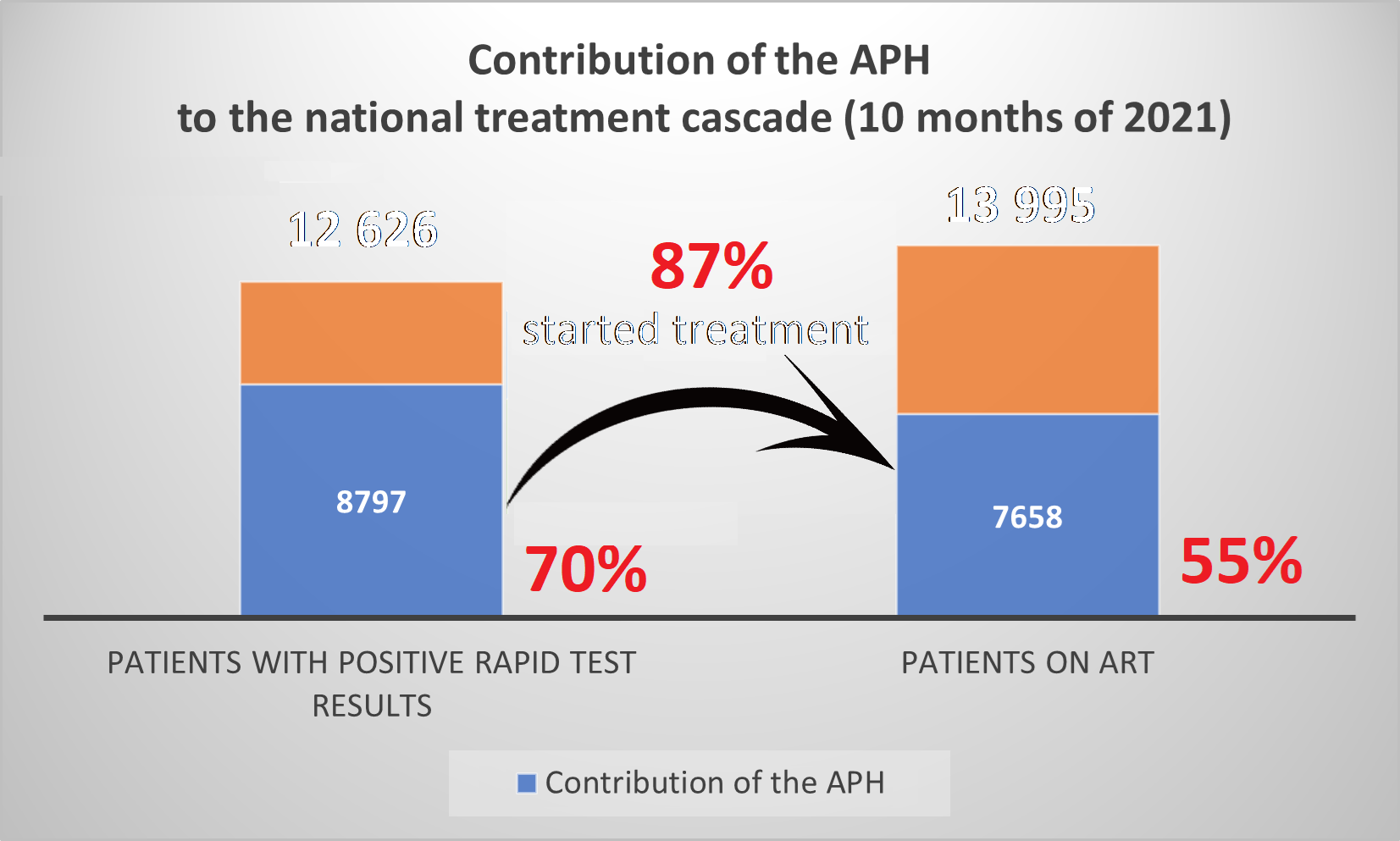The need for building sustainability in the context of the transition to national funding has been widely discussed over the past few years. Countries are reforming their health systems, but with the advent of COVID-19, other threats, such as HIV, have not disappeared, and in a number of countries the situation with detection and initiation of ARV treatment has become even worse.
In our #SoS_project Small Talk, we discuss the key focuses of the ongoing efforts to achieve sustainability of HIV services in Eastern Europe, Central Asia and Southeast Europe with leaders of nongovernmental organizations. With those who are at the forefront of the fight against the HIV epidemic, and now COVID-19. They work closely with government agencies to ensure that 2 million people living with HIV in EECA and SEE countries have access to quality ARV treatment and key social services for HIV in a format that is convenient and safe in the context of the COVID epidemic. They are true Sustainability Leaders, whose daily work is aimed at creating it.
#SoS_project Interviewer is Ruslan Poverga is the Head of the NGO “Initiativa Pozitiva”, one of the largest and most experienced non-governmental organizations in the field of public health and patient rights in Moldova. Ruslan is a well-known activist not only in his country, but also in the region of Eastern Europe and Central Asia – he has been working in the field of HIV / AIDS for over 20 years and was the first in Moldova to publicly declare his HIV status.
#SoS_project: Ruslan, 2019-2021 brought many challenges, and 2020 generally transformed the world into a completely different reality thanks to COVID. What elements of health sustainability have you been working on in this context?
RP.: Let’s start with the fact that the whole story with COVID, in addition to this terrible burden that has fallen on everyone, both from a humane and from an economic point of view, has revealed all the weaknesses of state systems and, first of all, healthcare. For this reason, we looked at the epidemic from a positive side and decided to build our partnerships at the national level precisely from such a point of view that now, more than ever, we need to be open for quick interaction and prompt response. In order, firstly, to resolve issues related to COVID, and secondly, looking to the future, in the context of the sustainability of the healthcare system, to build long-term processes based on the experience gained. And this is certainly related to both legislation and data collection systems, which should display the whole picture (the number of patients, what has been done, what funds have been poured into the country, how they are used, etc.). That is, everything related to the transparency of information. And of course, we remember about the flexibility of the system – it must respond to any challenges. In this case, in this complex scenery, we managed to force events and decisions that dragged on for several years and did not move forward.
#SoS_project: Can you give specific examples?
RP.: Let’s take the role of civil society in medical and social services. Before COVID, the civil sector was perceived as “care, support, condoms, treatment” etc. That is – work and do not meddle in the rest. During COVID, the situation has forced the healthcare system to look at NGOs as a partner, including in providing access to treatment. In particular, medicines were donated to NGOs to be delivered directly to patients. The step is quite serious.
To a certain extent, this also influenced the fact that PrEP and community PrEP advanced very dynamically in Moldova – the NGO-based partner organization GENDERDOC-M provides pre-exposure prophylaxis and medical counseling.
Another point – it has become proven that, when the system wants, it can change everything very quickly, although until recently “no, it’s impossible, difficult, long.” For example, create a system that will collect data. Previously, it was akin to create spaceships. But in the context of COVID, with the healthcare system, we managed to quickly build a tender health dashboard, which displays all the purchases for the fight against COVID. We did it literally in a month in 2020 – the state has taken measures to decentralize procurement, which made it possible for all medical institutions to conduct them the way they want. Behind it, by the way, a wagon of corruption “flowed”. We foresaw this, and immediately said – yes, we know that there will be problems, but we are proactive and create tender health, where everything will be displayed, which means that it will be difficult for those who want to get carried away with corruption, realizing that everything is in transparent plane. Secondly, the data helps health care providers see from whom the contracting authority has bought more profitably. That is, when circumstances force, everything is resolved quickly.
#SoS_project: And what improvements and changes in the country have occurred in Moldova over the past 3 years with the support of SoS_project?
RP.: Let’s start with PrEP – we have already touched on it. In our country, it has been available since 2018. But the number of patients could be counted on the fingers of one hand. Thanks to the project, we have moved this train dynamically and already about 300 people in Moldova have used the service.
One of the key objectives of the SoS project is the sustainability of funding. And when we speak in this context, we always mention two things: efficient use of existing resources and increased budgets. If we talk about the first aspect, thanks to the common efforts and partnership, thanks to the created, transparent environment, within the framework of the SoS project, we changed the procurement algorithm. When we analyzed the existing one, it became clear that it should look a little different, so that it would be more convenient for the contracting authorities, more time to respond, extend tenders, etc. And by order of the Ministry of Health in 2020, the procurement algorithm was changed. What did it lead to? During the same year, the country managed to save more than 5.5 million lei (about 320 thousand dollars) on the purchase of ARV therapy and other laboratory equipment to fight against HIV/AIDS. It happened because the competitions were extended. It became possible that if, for example, a supplier with a very high price for a treatment (and it differs significantly from the one at which the purchase was planned) came to the announced tender, the state has the right to extend the tender and a generic that is not registered in the country may come to a second stage. Thanks to the change in the contract cycle and the fact that we were involved in this process, NGOs were able to communicate with manufacturers and attract them to the market. In this connection, it also turned out to make more efficient purchases. And more importantly, the team that coordinated the national program was able to rebudget the funds, but in the face of very limited opportunities. Of course, we wanted them to be transferred to harm reduction programs where obligations are not met, but so far, the legislation does not quite allow for this. By the way, we are currently working on a task to have more of these opportunities. However, the national program was able to use the savings to purchase rapid COVID tests, which were in turn donated to NGOs that distributed them free of charge to key populations. Firstly, it is a bonus for clients and their immediate environment. They know that if there are any symptoms, they can immediately come to us and do a prompt test. Secondly, for the staff, it is also important for us not to be constantly quarantined. And in order to work properly (especially when it comes to a team that works in prisons), tests are needed so that we can test ourselves. I will add – during COVID “Initiativa Pozitiva” was the only organization that had access to penitentiary institutions. The availability of tests has made a tangible contribution to the health of both clients and NGO workers, and to the public health system as a whole.
In the context of ARV procurement optimization. We have ensured that community representatives are members of the procurement commission, the body that conducts the centralized procurement of ARV treatment. According to it, as well as a constructive dialogue with all partners, in 2021 we insisted for certain reasons that the competition be stopped, the terms of reference redone, and then announced again. As a result, we saved 500 thousand lei (about 30 thousand dollars). I want to make a point now – you should not think about what is happening in such a way that the contracting authorities are doing their job, and we, like watchdogs, are watching and waiting to catch someone. This is not so, simply because more people are involved in it, we can look from different angles and draw each other’s attention to some shortcomings.
As for the second option related to financing, it concerns an increase in the budget. And here we have the most striking example is Chisinau, which signed the Paris Declaration, approved the municipal program on HIV/AIDS for 2020-2021 and allocates resources for its implementation. Now we are waiting for the approval of the national program until 2025. That is a good practice that did not exist a priori before. More precisely, only at the national level, and at the municipal level, and it was not discussed. And now we have very good, close cooperation, and this is also the result of the SoS project.
Another point related to funding is that in Moldova, the health insurance fund allocates resources for prevention among risk groups. But she does not fulfill her obligations in terms of money (how much is promised and how much is actually given). The algorithm and mechanism for the procurement of services is also not very effective, for example, just now we have signed a contract for 2021. There is no time at all for its implementation, you can no longer do anything effectively. But we have a public, state institution that plays the role of the main recipient, and for many years of cooperation with the Global Fund, they already have a well-established mechanism for purchasing services from NGOs. Therefore, now we have initiated the synchronization of these two algorithms in order for the country to have one good, working mechanism for the purchase of services. It gives hope that already in 2022, the purchase of services, tender announcements, etc. will not be at the end of 2022, but at the beginning of the year. And for 2023 – in November 2022.
I also want to note that the country has developed a tender health dashboard with all the digitized indicators and processes in the country, including the work of NGOs: who the services have reached, what kind of people they are, the number of services provided, etc. It is updated every day. So in a real time, we see the overall picture of the service.
#SoS_project: How does this relate to the sustainability of services?
RP.: Absolutely directly: data that shows the situation with resources and what has been done at their expense facilitate any kind of activity that is aimed at building its sustainability. Because when you operate with relevant facts and figures, it is much easier to talk about funding. Moreover, the dashboard digitizes the processes associated with changing legislation, approving the national program, etc. Previously, no one understood where the start was, what the intermediate results should be and when the end. At what stages the work “sags” was also not clear – everyone “woke up” only at the end of the deadlines. Now everything is different, the processes are completely digitized, and if there is a delay at some stage, we immediately fix it.
Another component that I cannot fail to mention is REAct, a mechanism for monitoring and responding to human rights violations. In addition to the fact that it was launched and implemented effectively, within the framework of this component at the country level, we managed to synchronize this activity with another regional project (RADIAN), it is reflected in the application for the Global Fund and will be supported in the new year. Also, the issue of recording cases of such violations is included in the national program, i.e. it is already institutionalized and we have the prospect of sustainability on this issue. Moreover, over the past year and a half, we have managed to solve several strategic cases that influenced the change in regulatory documents. For example, until last year, HIV-positive or discordant couples could not adopt a child/children, obtain guardianship, or use artificial insemination services. We removed this barrier as part of the SoS project. Another case, as a fact, of human rights violations that was recorded and resolved: over the years, about 30 patients from the city of Arheev (40 km from Chisinau) had to travel to the capital to receive substitution therapy (ST). Daily. For people, it was a real hard labor. Our REActors recorded everything, followed by an appeal to the Council for Equality. And as a result, the issue was resolved! In the Council, we made a reconciliation of the parties, and in Argeev, the ST site was opened.
#SoS_project: What are your goals for the coming years?
RP.: There are two areas that we are actively working on – first, it is the decriminalization of HIV transmission and increasing the permissible minimum doses for the storage of substances.
***
The #InYourPower info campaign was launched with the financial support and initiative of the team of the regional project “Sustainability of services for key populations in Eastern Europe and Central Asia region” (aka #SoS_project)
